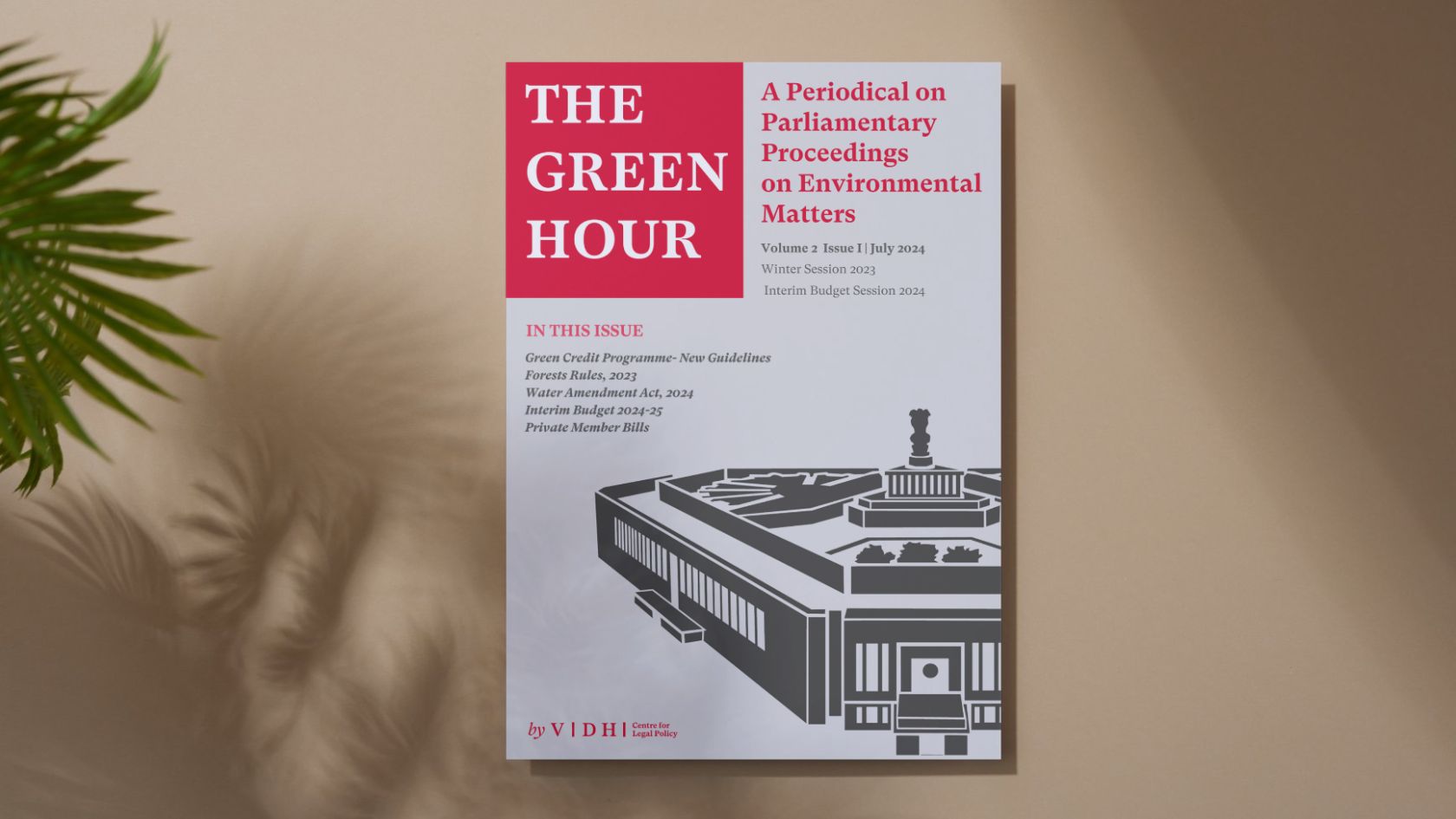In 2017, United Nations Environment released its First Global Report on the Environmental Rule of Law. The environmental rule of law holds all actors equally accountable to laws that are transparently developed through public participation and are consistent with international norms for sustaining the planet. The Report observed that despite a 38-fold increase in environmental laws worldwide since 1972, the greatest challenge to environmental protection remained partial enforcement and implementation. India is perhaps one of the most egregious examples of this phenomenon. Despite its large body of environmental law, in the 2018 Environmental Performance Index, India ranked 177th out of 180 countries.
India’s environmental laws will remain paper tigers unless their implementation is strengthened. This requires a significant infusion of financial and human resources, which in turn, will only be effective when there is a more nuanced understanding of the barriers to enforcement and consistent data on implementation gaps. Past environmental governance reform proposals have foundered because they were not adequately grounded in empirical research.
Vidhi’s work on the environment aims to fill this gap by generating information on the working of key environmental laws to build a case for legal and governance reform. It has created data on the working of the environmental clearance process, the management of the Environmental Relief Fund, and the functioning of the National Green Tribunal. It has also recommended changes to the implementation of air pollution control laws in the National Capital Region.
Vidhi has a multi-disciplinary team that conducts desk-based analysis and interacts closely with grassroots activists, civil society groups and government agencies. Through its focus on studying the impact of environmental laws and judgments, it hopes to develop rigorous compliance indicators that will promote accountability in environmental governance and ultimately further environmental justice.
The Green Hour Vol. 2 Issue I | Winter Session 2023 & Interim Budget Session 2024
The Green Hour traces environment-related proceedings during each parliamentary session. Issue I of Volume II covers the Winter Session 2023 and the Interim Budget Session 2024.


